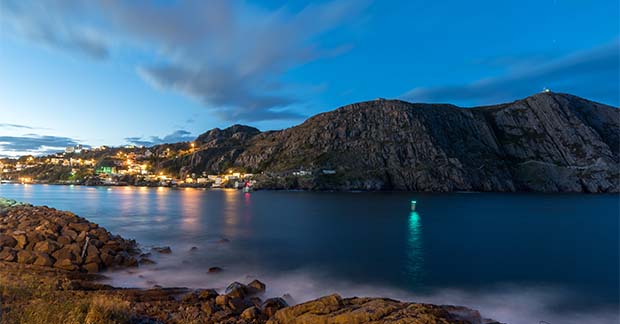Amidst the most tourism-dependent economy globally, Caribbean hotel workers’ real earnings have deteriorated since the 1980s, impacting their quality of life.
- Antigua and Barbuda’s reliance on tourism sees it contributing to 93% of GDP, yet workers face low wages despite union support.
- Real-term earnings for hotel workers have depreciated, making homeownership unattainable, reflecting inadequacies despite industry growth.
- Union leaders urge equitable wealth distribution in tourism, targeting higher wages amidst ongoing negotiations to address imbalance.
- Labour condition deficiencies are undermining sustainability efforts in travel, stressing the need for stakeholder involvement and improved wages.
The economic landscape of Antigua and Barbuda, dominated by tourism, is under scrutiny as the real-term earnings of hotel workers have reportedly deteriorated since the 1980s. David Massiah, general secretary of the Antigua & Barbuda Workers’ Union, highlighted this during the launch of a report on social sustainability in travel, noting that low wages continue to plague workers in the industry.
Despite the critical role of tourism, which comprises 93% of Antigua and Barbuda’s GDP, hotel workers find themselves grappling with insufficient wages that are insufficient for securing mortgages, as per the World Travel & Tourism Council’s 2024 report. Massiah pointed out that while workers are unionised, the basic wage has stagnated, complicating financial stability.
Massiah has been vocal about the necessity for fair wealth distribution within the tourism sector. He proposes that stakeholders, particularly hotel employers benefiting from governmental concessions, should better balance profit with fair wages. This stance comes amidst fresh pay negotiations where unions demand higher compensation for their constituents.
The prime minister’s recent critiques of union efforts to elevate industry wages underscore the tensions in these negotiations. Massiah’s push for higher wages highlights the disconnect between employer claims of cost burdens and union expectations.
Furthermore, a report by the International Transport Workers’ Federation underscores that poor labour conditions hinder sustainability efforts within the industry. The report suggests that holistic stakeholder engagement is essential to ensure equitable sharing of the economic benefits and to improve worker conditions significantly.
The call for equitable distribution of wealth in tourism is paramount to improve the quality of life for hotel workers in Antigua and Barbuda.

